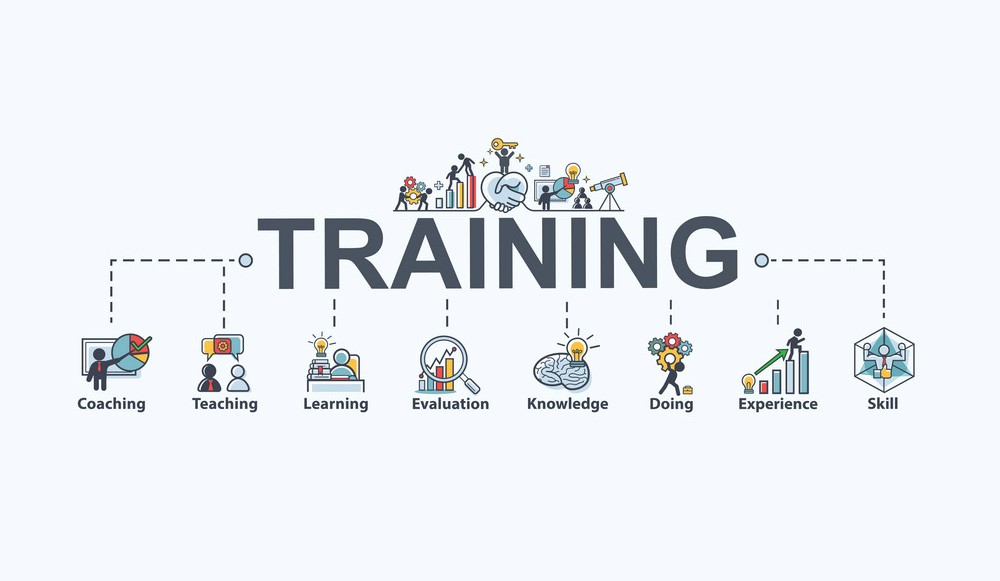Venue: Nyeri, Makueni, Kakamega, Kisii, Kisumu and Uasin Gishu
Dates: July 2011 to February 2012
Introduction
Tegemeo Institute is a policy research Institute under the Division of Research and Extension of Egerton University. The Institute contributes to policy formulation in Kenya by striving to conduct proactive policy research and advocacy that enhance food security, creates wealth and sustains the environment. Through outreach, the Institute informs public and private sector stakeholders about possible policy and investment options that can promote household incomes, food security, and agricultural and rural development in Kenya. The Institute believes that given relevant empirical information, much progress can be made in effective public sector management through collaborative policy outreach, which entails meaningful discussions and interaction among researchers, policy makers, and other stakeholders.
Primary data is a valuable asset for generating evidence-based economic and policy options. Tegemeo Institute has over the last 13 years, been tracking progress made at the farm household level by collating data from rural farm households. The Institute conducts household surveys every two years. The data collected includes: input-output data; marketing data, on- and off-farm employment, income; technology (seed and fertilizer) use and accessibility to basic infrastructure (roads, water, markets), among others. Although this data has over the years been used to generate evidence to inform policy formulation at the national, regional and international levels, the Institute is yet to provide feedback to the community from which data were collected. As the country transitions to a decentralized system, Tegemeo Institute finds it useful to provide evidence from its dataset to: 1) Inform the central and county governments regarding the status of the agricultural sector and farm households, the possible pathways to development and the critical bottlenecks to such development; and 2) Provide a good/reliable baseline which county governments can use to track progress in their regions.
It is against this backdrop that Tegemeo Institute has been organizing workshops to disseminate its findings on "Status, Trends and Opportunities in Smallholder Agricultural Productivity, Market Participation and Household Incomes". During the workshops the Institute presents the current status of key household and agricultural indicators as well as changes that have occurred over the last 10 years, with a view to identifying positive trends/opportunities and possible solutions/interventions to unlock potential or mitigate negative trends.
The audience for the outreach workshops are the farming community as well as other stakeholders including the regional government, political leaders, agricultural sector ministries, research institutions and development agents (NGO's, donors) who have on-going or planned activities in the areas covered by the Tegemeo panel.





